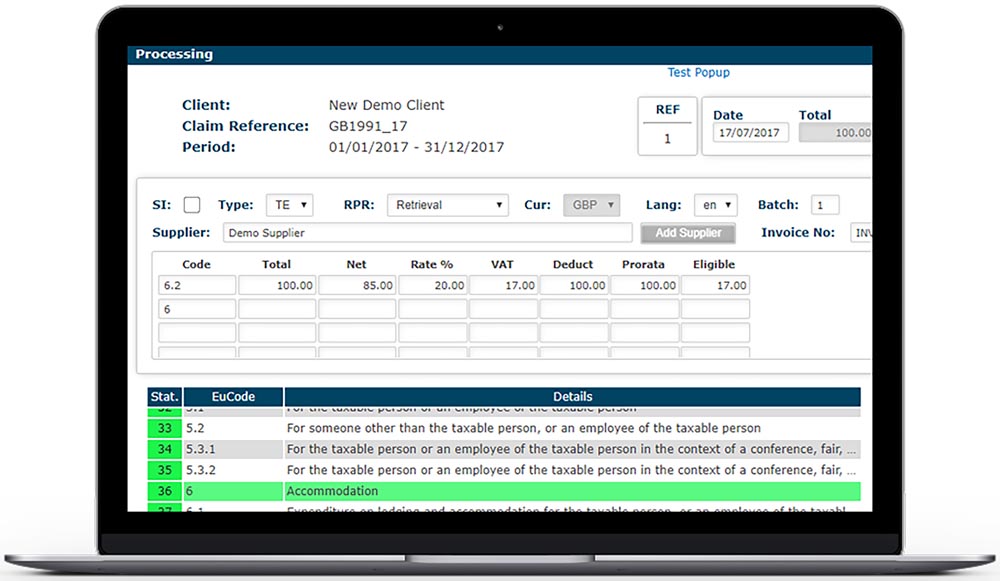
As a property owner, you would think that you are free to do as you please with your home, subject to planning permission and building control. While that is generally the case, complications can arise if there are restrictive covenants attached to the property that legally limit what the freehold or leasehold owner can do with it.
What is a restrictive covenant?
Simply put, a restrictive covenant is a provision or a promise made by one party to another, which puts a restriction on what one of the parties can do. They can cover a wide range of issues including the following common and often quirky examples:
- Not allowing the property to be used for business purposes
- Not allowing non-domestic animals (chickens, pigs etc) to be kept at the property
- Not allowing building on land without consent
- Not allowing certain internal or external building alterations or extensions
- Not allowing a caravan to be kept in front of the property
- Not allowing satellite dishes or security cameras to be fixed to the front of the property
- Not allowing fences or other boundaries to exceed a specified height
In most cases, covenants are design to maintain certain standards for residents. Property developers and management companies will often include restrictive covenants to a Transfer Deed to avoid owners’ actions negatively impacting on the neighbourhood or undermine the standard of maintenance of character.
How is a restrictive covenant enforced?
Restrictive covenants are said to run with the land, not the land owner, meaning the covenants will remain on the title deed as the property is transferred from one owner to the next.
For the restrictive covenant on your land to be enforceable, it must create a benefit for adjoining land by either protecting its value or enjoyment at the current time. If there is no express intention to create a benefit, it will simply be regarded as a personal agreement between the original parties, while subsequent landowners will not be bound by it.
What’s more, the restrictive covenant must be unambiguous, not contravene any laws of public policy, and must be officially registered in the title deeds via HM Land Registry.
How is the property buyer/owner affected?
A restrictive covenant can be an important factor in your house purchase since it could affect the value of the land or its intended use. If you are thinking of buying a property, your conveyancer will thoroughly examine the deeds and flag up any covenants including any incurred breaches that you may be held responsible for when the property passes into your ownership.
You should also carefully consider whether the property value could be affected going forwards, for instance if a covenant prohibits home extensions or building alterations without obtaining prior consent. Some mortgage lenders may refuse to lend on properties where a covenant could affect future saleability.
One thing you must never do: ignore a restrictive covenant. Whether you decide to carry out building works or set up a business from home without obtaining consent first, you run the risk of being taken to court when it is discovered that you are in breach.
What happens when you breach a restrictive covenant?
If you own a property and breach a restrictive covenant knowingly or unknowingly, your neighbour may be able to make a claim against you. It is possible to apply to whoever has the benefit of the covenant for retrospective consent for the work. However, if you are unsuccessful, you could be facing legal action.
The Court has the power to award damages for any nuisance you may have caused or for any reduction in the value of the neighbouring property, or to take out an injunction. You may be ordered to undo any offending work (e.g. demolish an unauthorised home extension), and even pay the other side’s legal fees.
Where a covenant has been breached for over 12months without challenge and you subsequently decide to sell the property, it’s recommended that you take out restrictive covenant indemnity insurance for your peace of mind. Once procured, the policy will last in perpetuity and can be passed on to the next owner of the property.
Can a restrictive covenant be removed?
It is possible to have a restrictive covenant removed from the title deeds. On option is to seek a release from the party who has the current benefit of the covenant, though there’s no guarantee that they will consent, or they may require compensation.
You can also apply to the Lands Chamber of the Upper Tribunal to ask for the covenant to be modified or discharged altogether. The most common grounds for are that the covenant is obsolete, or impedes reasonable use of development.







